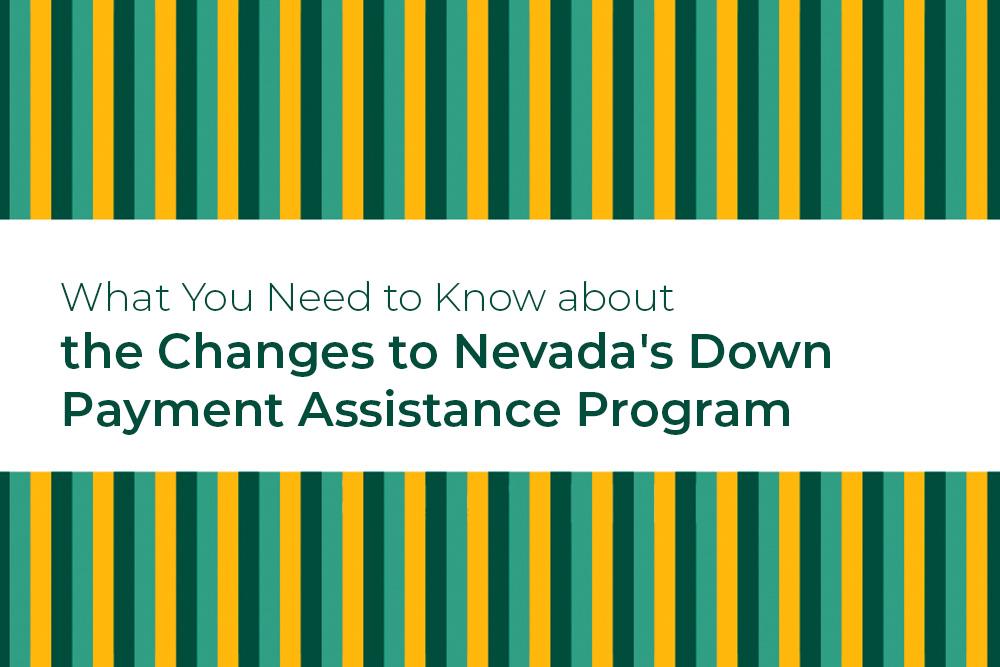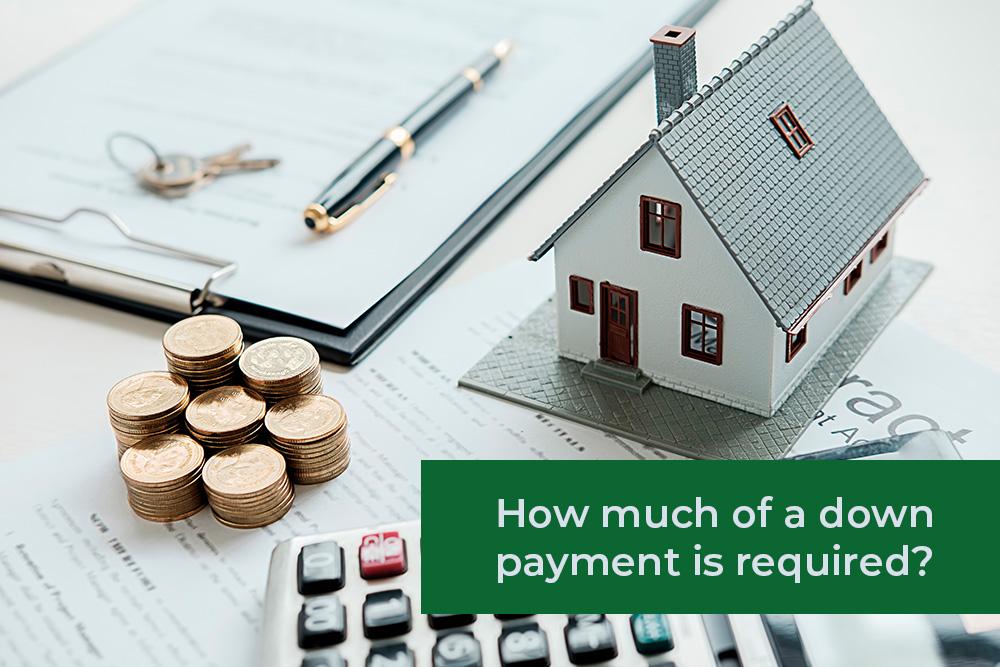
If you want to buy a home but you’re afraid of the cost, Nevada’s new down assistance program, called Home at Last, might help! Those who thought mortgages in Las Vegas were too expensive may be in luck with this program, which was launched by the Nevada Housing Division.
About the Program

Home at Last is designed to help first-time homeowners get the home they want, when they want, without worrying about debt. The program is funded by the Nevada Housing Division, which allocated $10 million for new homeowners.
Eligibility Requirements
As with other home loans in Las Vegas, there are eligibility requirements for those who are considering buying a home through this program. For starters, funding is only available to people who are looking for a first home. Applicants must have lived in Nevada for at least six months and have a minimum credit score of 640. The debt ratio requirements are 50% for those with a credit score of 680 or above and 45% for individuals with a credit score under 680. Program participants must also complete a homebuyer’s education course. Note that income requirements also apply. For a one-person household, applicants must have an annual income of at least $43,740, or $59,160 for a two-person household. No matter how many people live in the home, the family’s income must be at least 300% of the federal poverty level. Additionally, there are income requirements based on the county where you are planning to live. Each county has an area median income (AMI), and a household’s income must be at least 80% of that number. For instance, people planning to live in Carson City must have a minimum income of $62,150 per year. In Douglas County, income levels must be at least $69,200. A complete chart of income requirements based on household size is available through our informative YouTube video, which you can watch here. Mortgage brokers in Las Vegas can also tell you more about the income requirements.
What is the grant that is funding the program?
The generous grant funding the home financing program is called the “Home at Last Access Down Payment Assistance Grant.” This grant allows people to purchase the home they want in Nevada, and the program even has a customized level of financial assistance. Those who qualify for the program will be able to receive financial support for loans of various kinds, including Fannie Mae HFA Preferred Conventional loan, a Federal Housing Administration (FHA) loan, Veteran Affairs (VA) loan, and a United States Department of Agriculture (USDA) loan.
Regardless of the type of loan that you choose, all of the mortgages in Las Vegas that are available through the Home at Last program are fixed-interest loans with a duration of 30 years.
How much of a down payment is required?

The amount that you owe for a down payment through this program varies based on the loan that you get. USDA, FHA, and VA loans all have a down payment option that ranges from 2%-5%, which is much lower than the usual 20% down payment that is required for most conventional mortgages in Las Vegas. People who choose to get a Fannie Mae FHA Preferred Conventional loan instead have marginally higher minimum down payment requirements that start at 3% and go up to 5%.
Credit Score Requirements
Along with a minimum income and down payment, you’ll also need to have a minimum credit score in order to be accepted into the Home at Last program. The minimum credit score varies based on the loan that you get, so it’s essential to figure out what the requirements are for your particular loan. If you’re getting a VA, FHA, or USDA loan, the minimum credit score is 640 for most residences, but it increases slightly to 680 for manufactured homes. If you select the Fannie Mae FHA Preferred Conventional loan, the minimum credit score ranges from 640-680 depending on the type of home that you get and the loan-to-value. Regardless of the minimum credit score for your program, you must have an income below $95,500, which is the income limit. Keep in mind that when you’re looking for the best mortgage rates in Las Vegas, it helps to have a good credit score. If your credit score is lower than you’d like it to be, there are some things that you can do to improve it.
Raising a Low Credit Score
If you’re disappointed to find that your credit score is lower than you’d like, don’t worry! There are some things that you can do to raise your credit score, including:
- Check credit reports
- Pay your bills
- Have a low credit utilization rate
- Don’t close older accounts
- Don’t open multiple accounts
If you want to have a better credit score, you’ll want to first look over your credit reports from all three of the nation’s major reporting agencies. The first thing you should check is that there are no inaccuracies or indications of fraud and identity theft. Then, look for anything that has gone to collections, such as unpaid accounts or balances. If you have any outstanding debts, try to pay them off as soon as possible.
If you do have any debts, pay them on time and in full when possible. A good payment history can improve your credit score, so try to avoid making late payments. Even if you can’t pay a bill in full each month, at least make the minimum payment required until you feel comfortable paying more.
Keeping your credit utilization rate low is also important. Ideally, it should be less than 30%. Along with minimizing spending, you can lower the utilization rate by requesting a credit limit increase from your credit card company.
If you open a new account, it will likely result in a hard inquiry, which is when a prospective lender thoroughly examines your credit history. This can negatively impact your credit score. If you are trying to boost your credit score, cap the number of new accounts you open. The length of your credit history will also be reduced if you open a new line of credit, which is another consideration to think about when trying to determine your credit score.
Although it might sound counterintuitive, try to keep old accounts that you have open, even if you no longer use a credit card attached to those accounts or you’ve paid them off. Keeping older accounts open extends your credit history, which in turn can boost your credit score. Be aware that it can take some time to get your credit score where you want it to be. In some cases, it can take ten years to wipe away penalties for late payments, foreclosures, and other problems, but starting to work on improving your credit score as soon as possible will help.
What kind of home can I get?

Several kinds of homes are available through Home at Last. That includes single-family residences and manufactured homes. Townhouses, condos, and units that accommodate two to four families may also qualify with the program, but be sure to check the requirements specific to the type of loan you’re getting.
Contact an experienced loan officer today to find out if the new home loans in Las Vegas are right for you.









